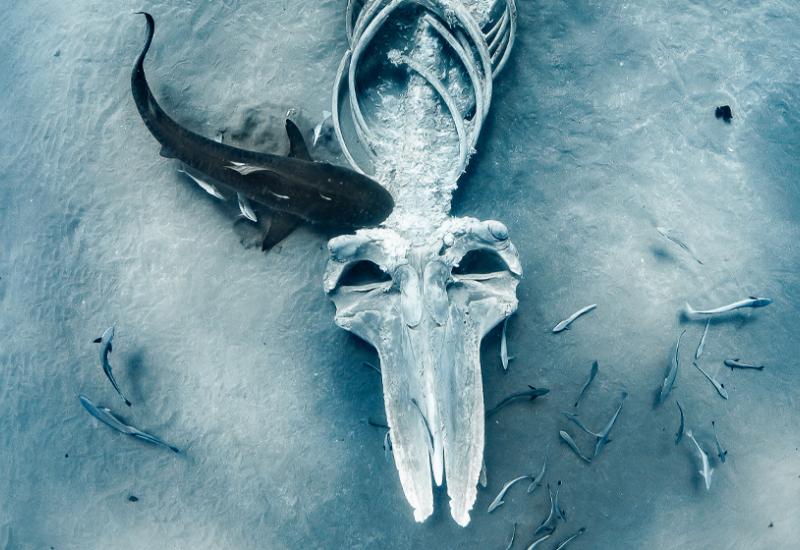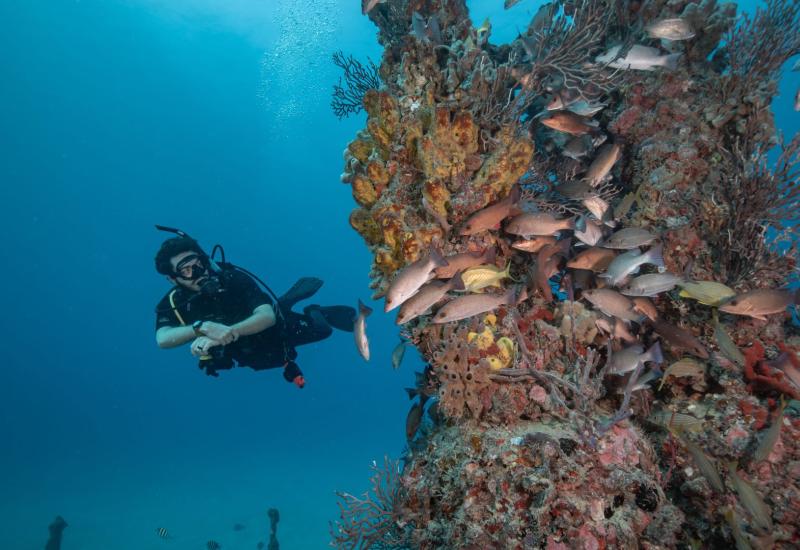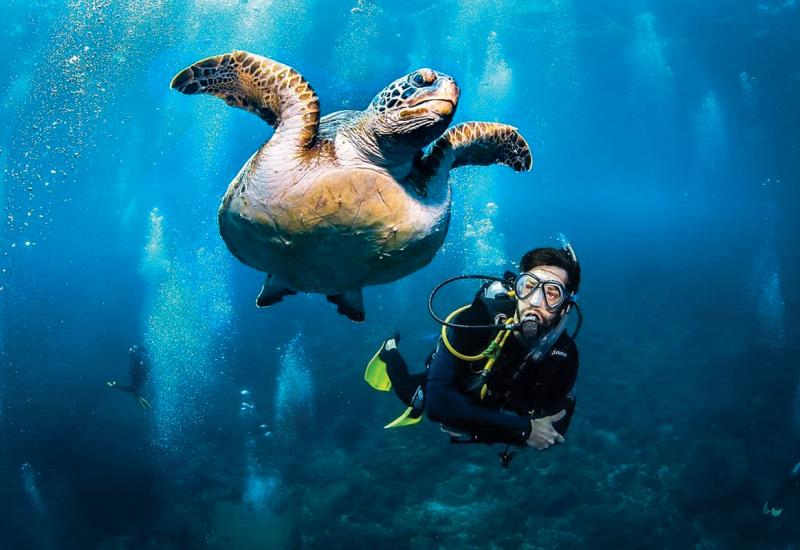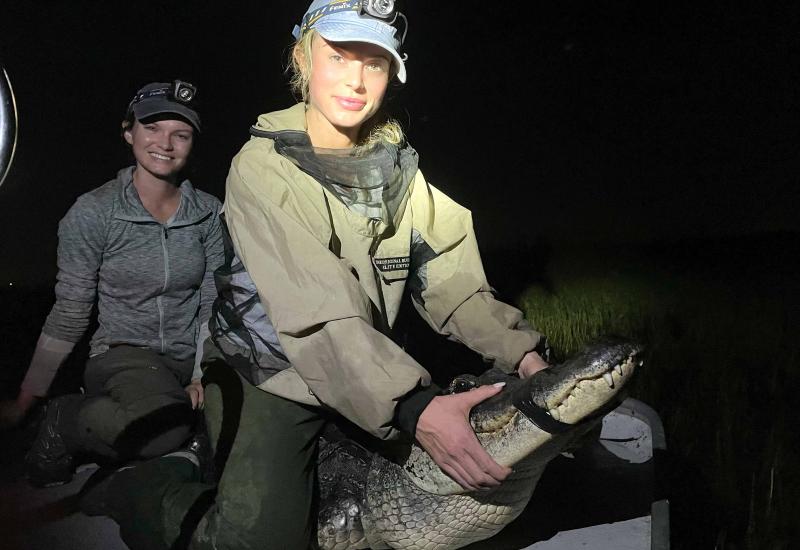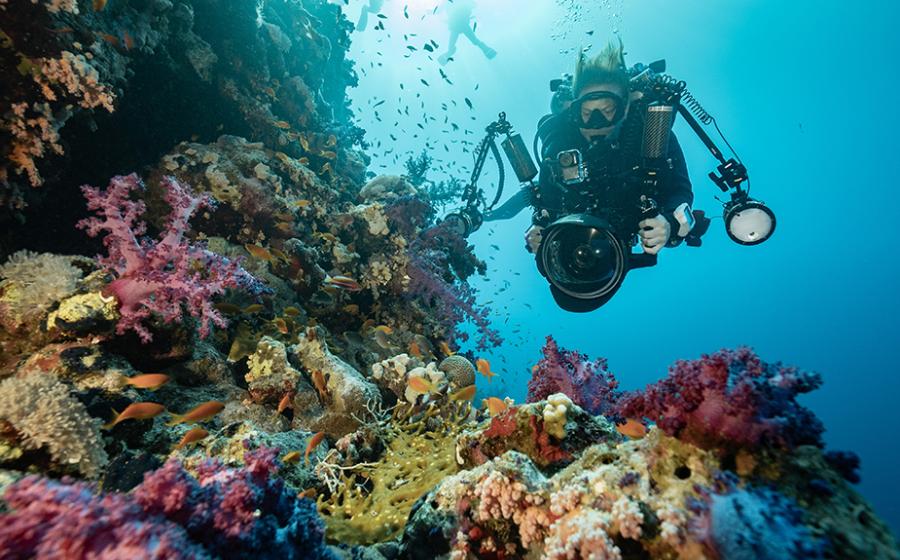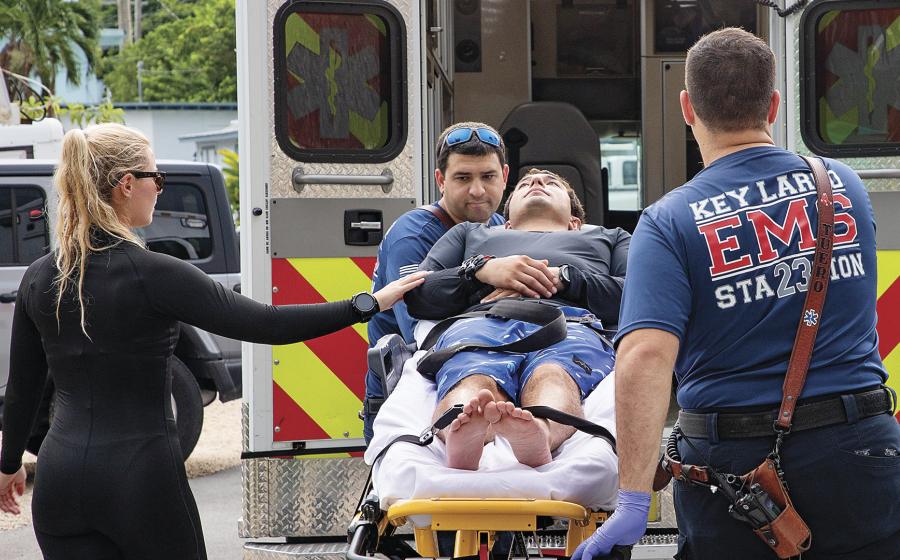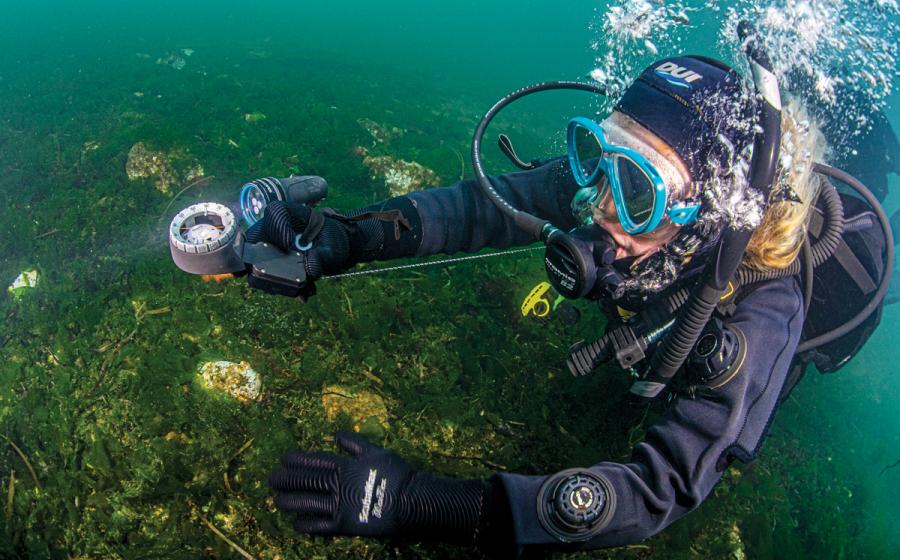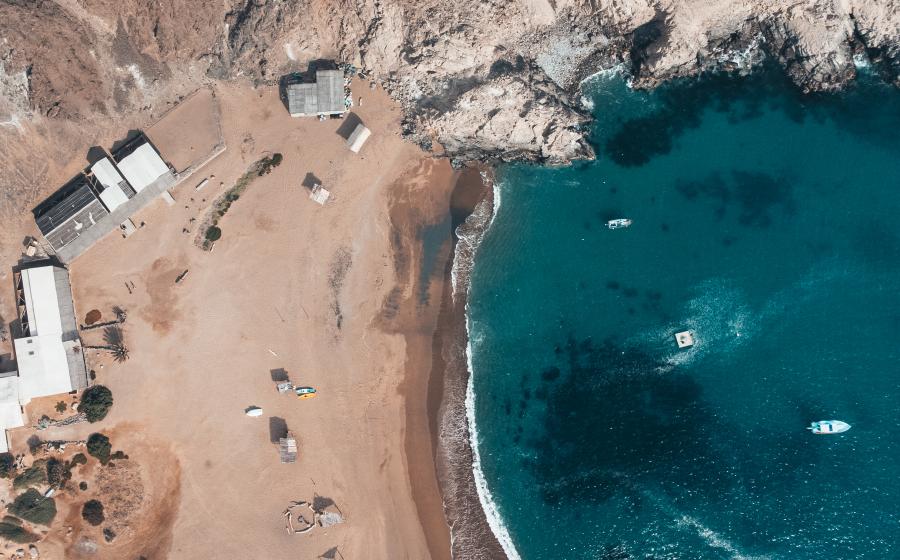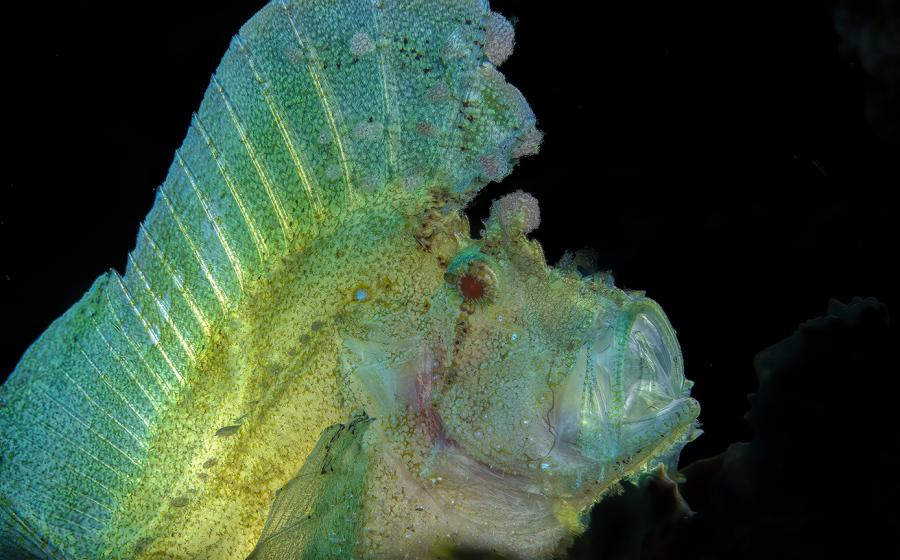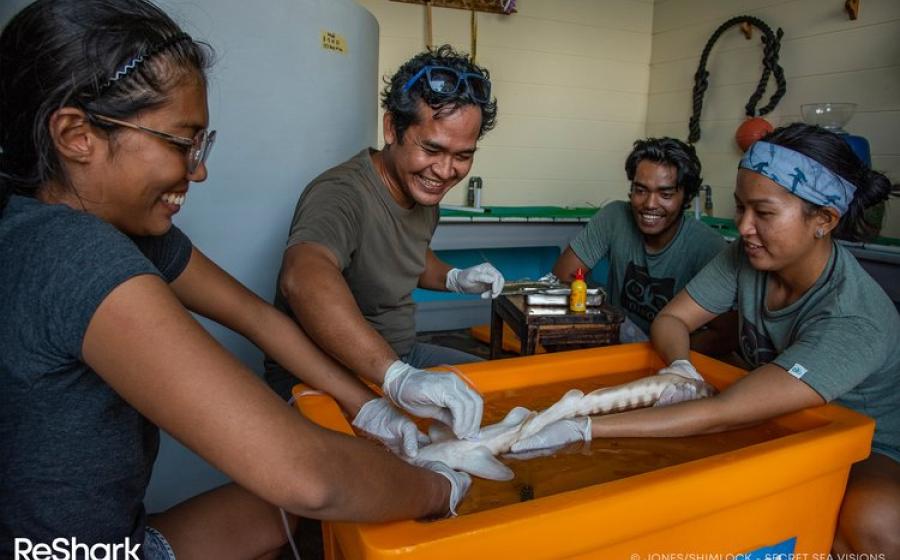How Black in Marine Science Is Making Waves in the Scuba Diving World
Marine science is one of the least diverse fields in science, technology, engineering and mathematics (STEM). An estimated 74.7% of the profession is white, with only 2.3% of the field comprised of Black individuals. Inclusion in this field is a struggle for many Black marine scientists.
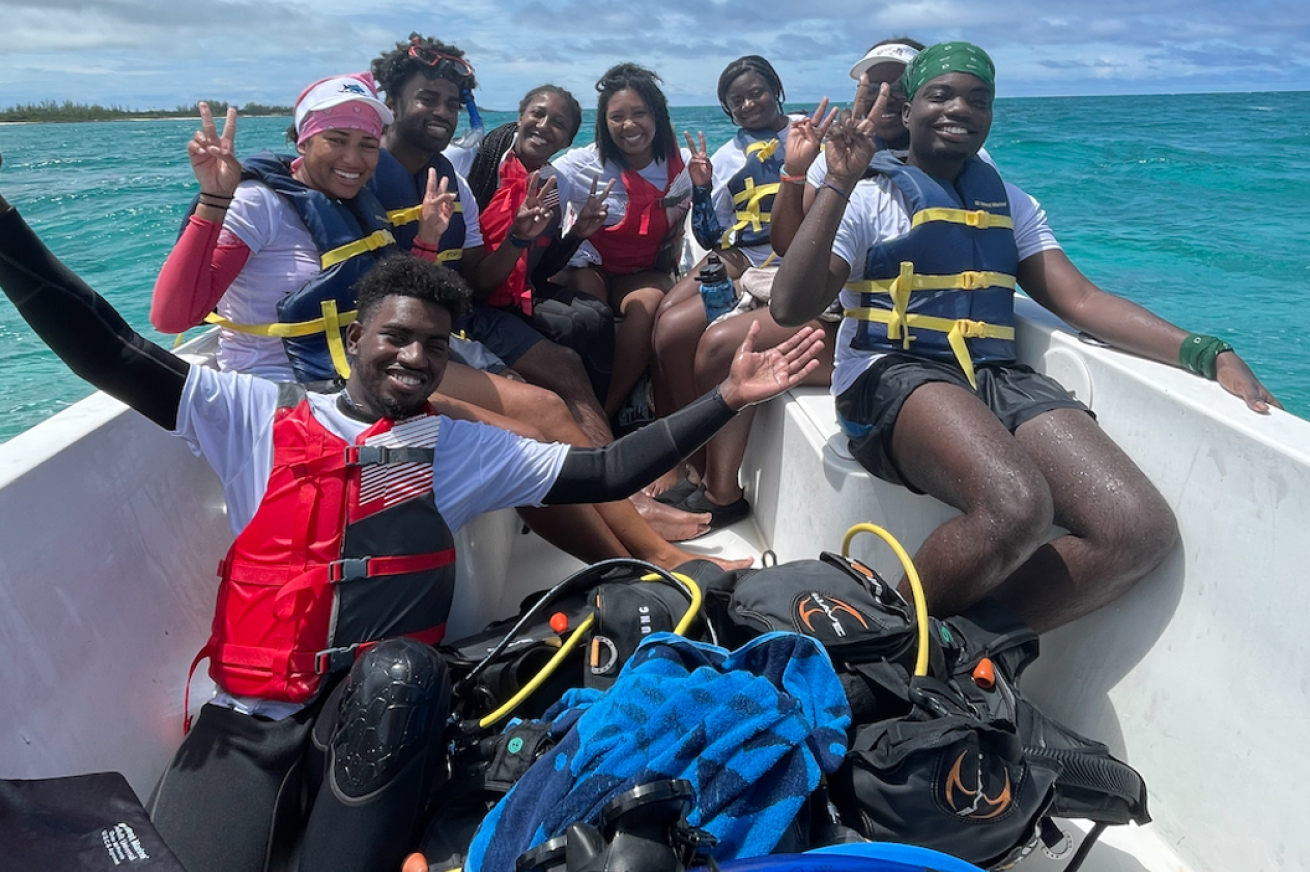
Black in Marine ScienceBIP Week participants after completing a dive!
Black people in America have a historically tumultuous relationship with the water stemming from the transatlantic slave trade, slavery and postbellum segregation. Despite the fact that the root of the African diaspora is a rich history of seafaring, recreation, sustainable fishing practices and healing from water, the slave trade has disrupted the relationship of Black people and water.
A study in 2020 found Black children are more than twice as likely to die from drowning than white children in all water and more than five times as likely to drown in pools. All of this heavily contributes to the lack of Black representation in the field of marine science.
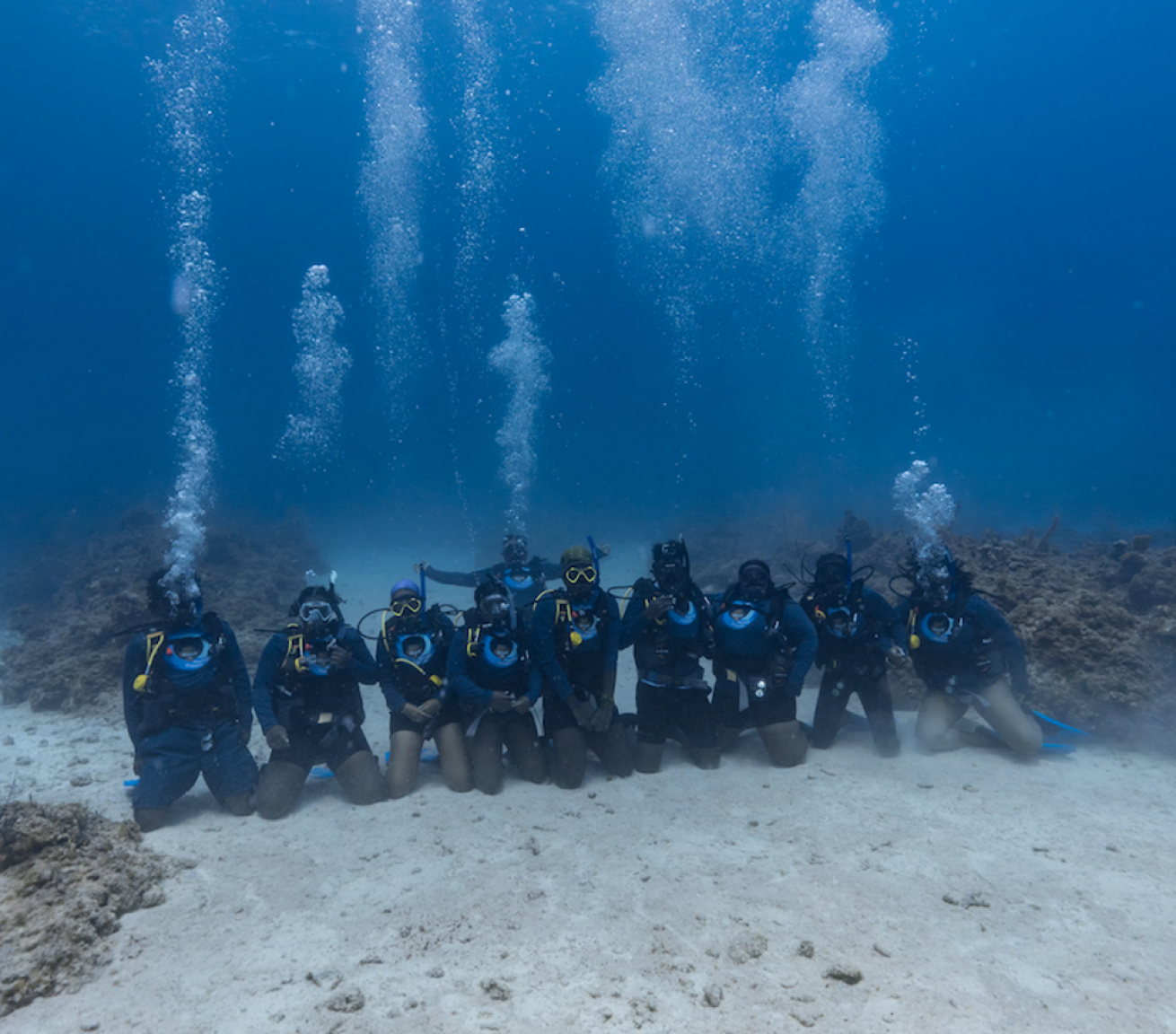
André MusgroveParticipants in BIMS Immersion Program Week, Bahamas 2023 pose for an underwater picture.
Black in Marine Science (BIMS) was started in 2020 as a plea for community by founder and a Seiko Sea Hero, Dr. Tiara Moore after a career of often being the only Black person in the room. BIMS seeks to celebrate Black marine scientists, spread environmental awareness and inspire the next generation of scientific thought leaders.
In a short time it has grown to include 460 members across 31 countries. As part of BIMS’ mission to inspire younger generations of marine scientists, every year since 2021, it funds students to travel and gain their PADI Open Water or Advanced Open Water scuba diving certifications through the BIMS Immersion Program (BIP).
BIP is a no-cost scuba diving certification program with immersive learning experiences where students can participate in activities like coral restoration, shark tagging and laboratory tours. To date, BIMS has successfully certified 33 Black Indigenous People of Color (BIPOC).
Related Reading: Black in Marine Science Founder Dr. Tiara Moore Honored as Seiko Sea Hero
In 2023, BIMS partnered with The Nature Conservancy to fund eight students at the Cape Eleuthera Institute, Bahamas, for a week of scuba diving lessons, marine biology lectures, science communication lectures, coral restoration and an outreach event at an annual conch festival. The experience of participants ranged from undergraduates interested in marine science to more established graduate students and professionals. Despite their range of lived experiences, all the participants were new to scuba diving.
Meet the Pioneers
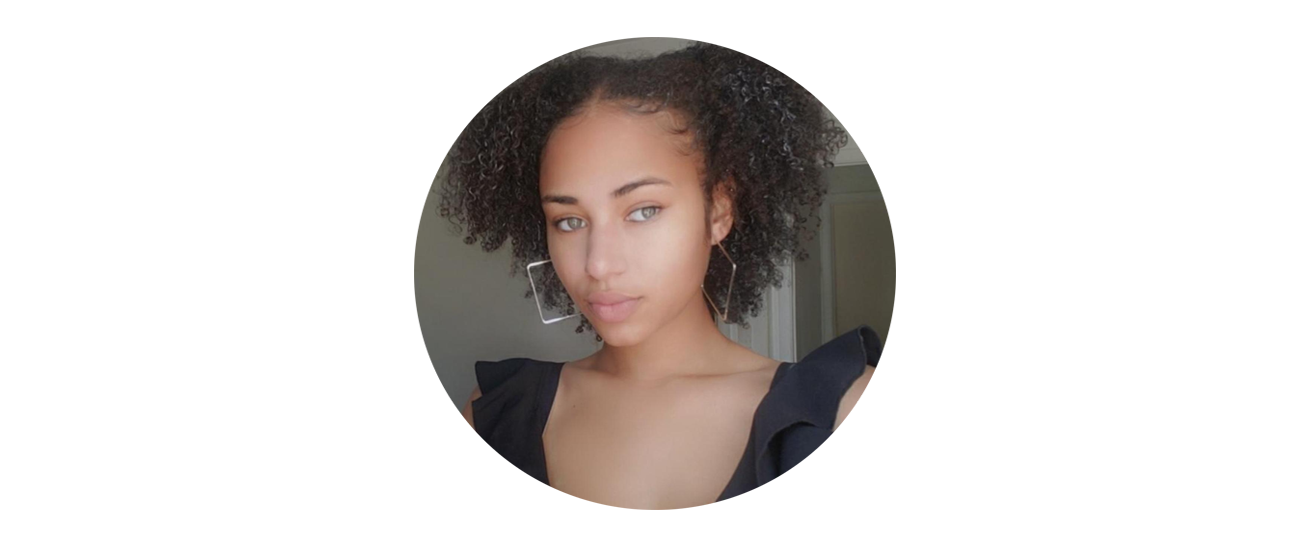
Makeda
Education: Bachelor's in small island sustainability with a concentration in marine science, University of the Bahamas, 2023.
“This experience helped me embrace my space at the table. It helped me feel comfortable being who I am.”
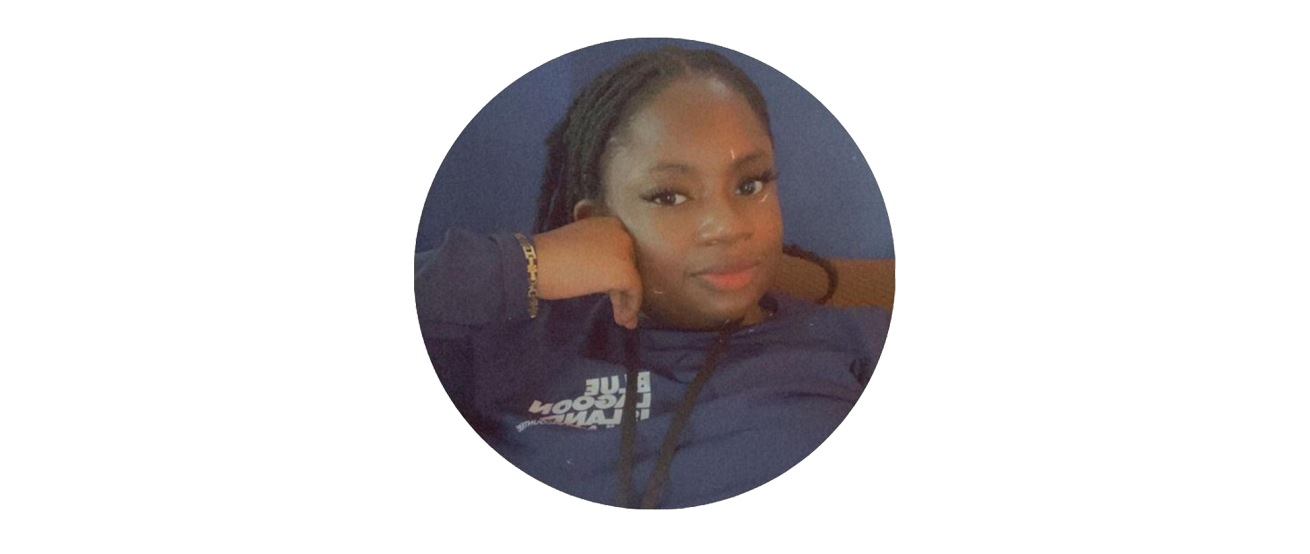
Lyndira
Education: Bachelor's in small island sustainability with a concentration in marine science, University of the Bahamas, expected graduation 2024.
“Seeing the undersea world made me fall in love more with the sea. It was really peaceful and relaxing under there.”
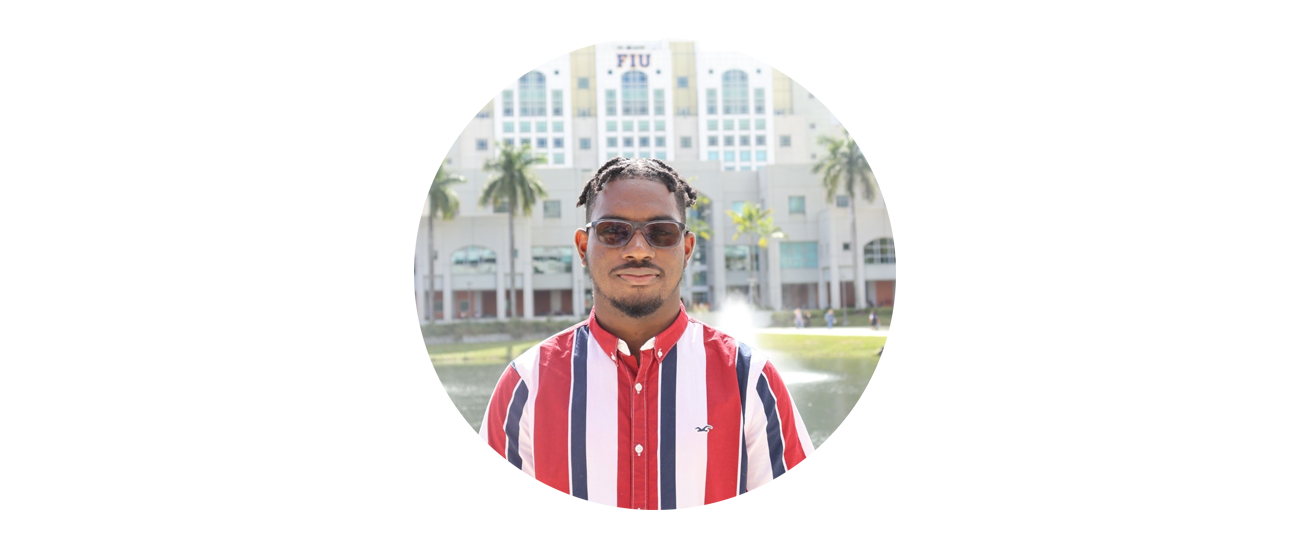
Jabari
Education: Bachelor's in marine biology, Florida International University, expected graduation 2026.
“Being able to scuba dive was such a blessing and having that opportunity to see coral fishes and other Marine organisms up close was breathtaking.”
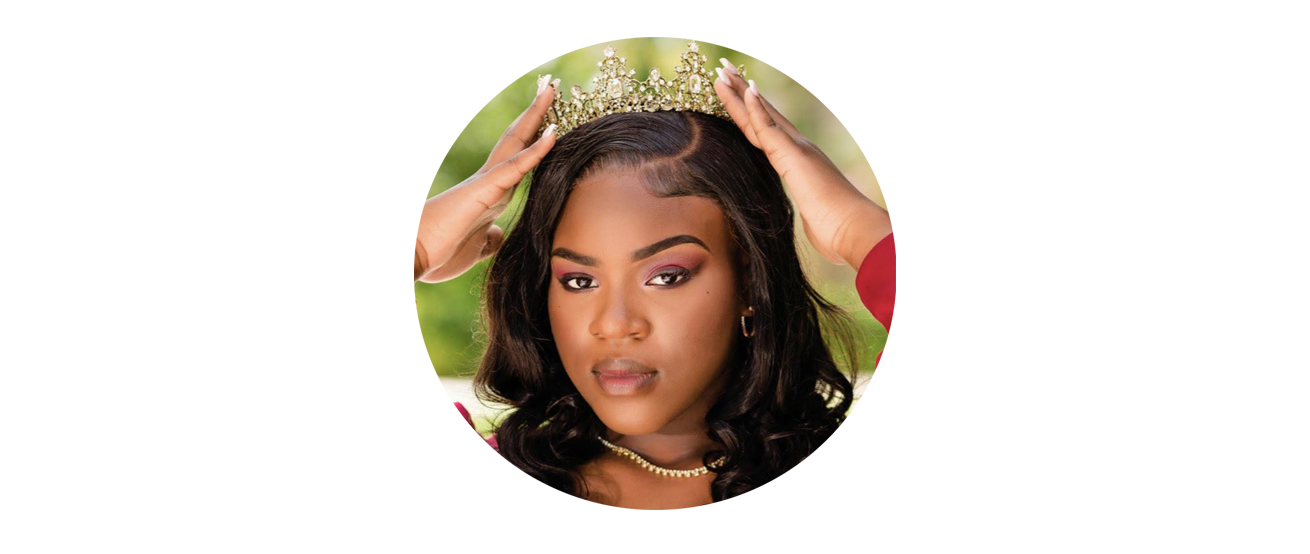
Charissa
Education: Bachelor's in marine biology, Barry University, expected graduation 2027.
“I’m extremely grateful for the people that were invited to present each day because it not only showed me how vast the marine science field is, but that I can excel as a black marine scientist.”
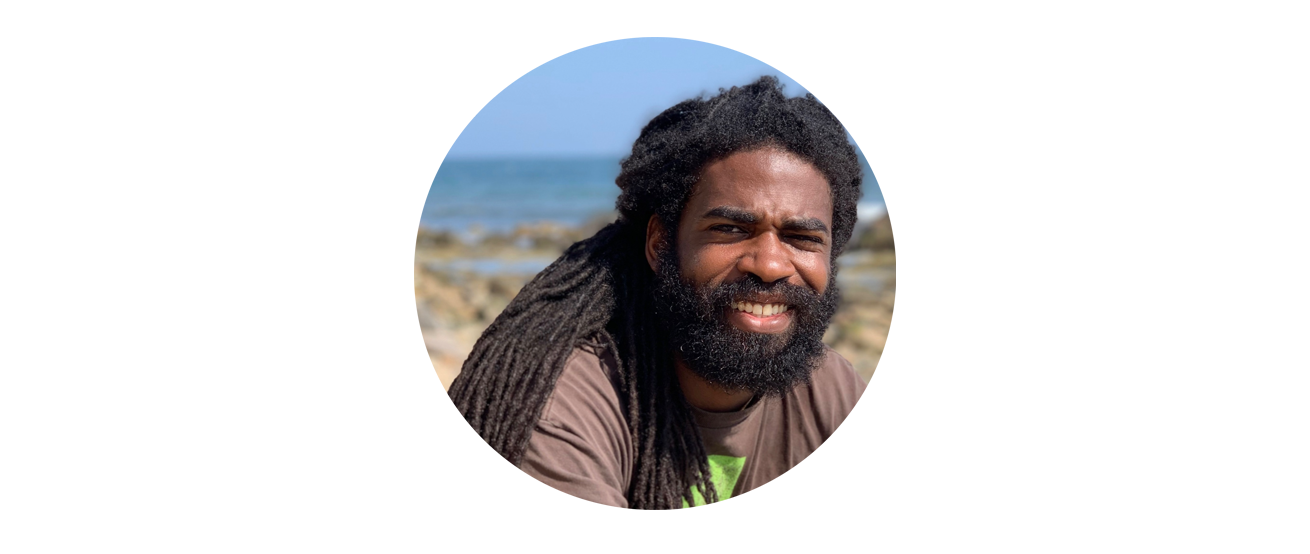
Benjamin
Education: Master's student in ocean engineering, University of Rhode Island.
“It was very inspiring and comforting to meet Caribbean and specifically Bahamian scientists and engineers.”
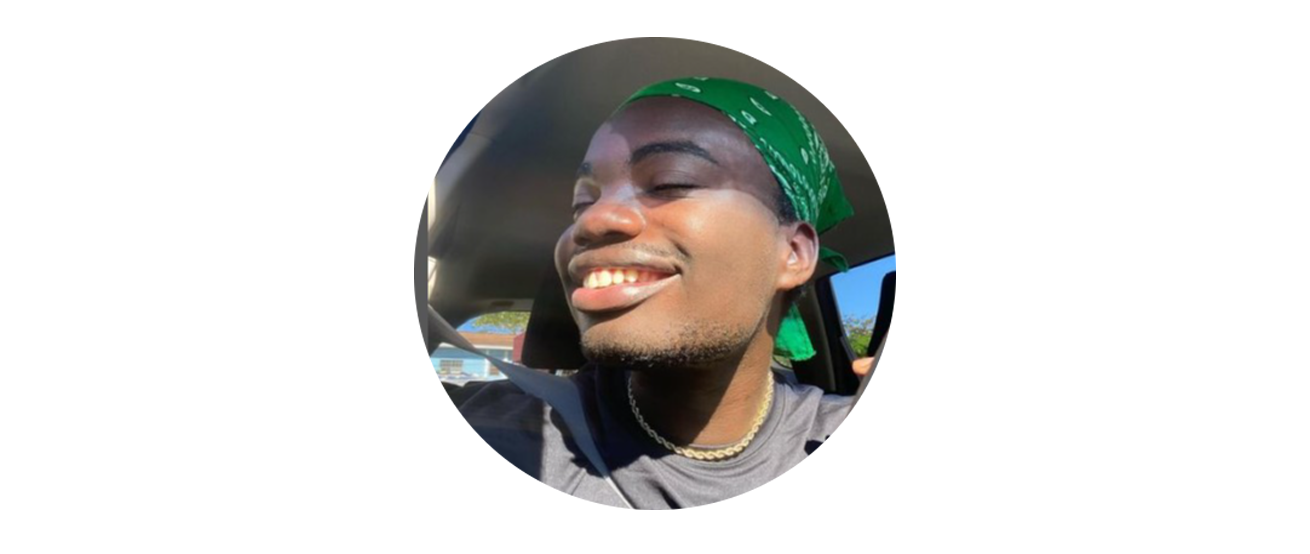
Tafari
Education: Bachelor's in small island sustainability, University of the Bahamas, expected graduation 2024.
“I believe that marine life is my country's pride and joy and thus it intrigues me. I would like BIMS to come back to the Bahamas in the future. I believe this would be very inspiring for more young Bahamian marine scientists. ”
Related Reading: Groups and Getaways that Support Diving Diversity
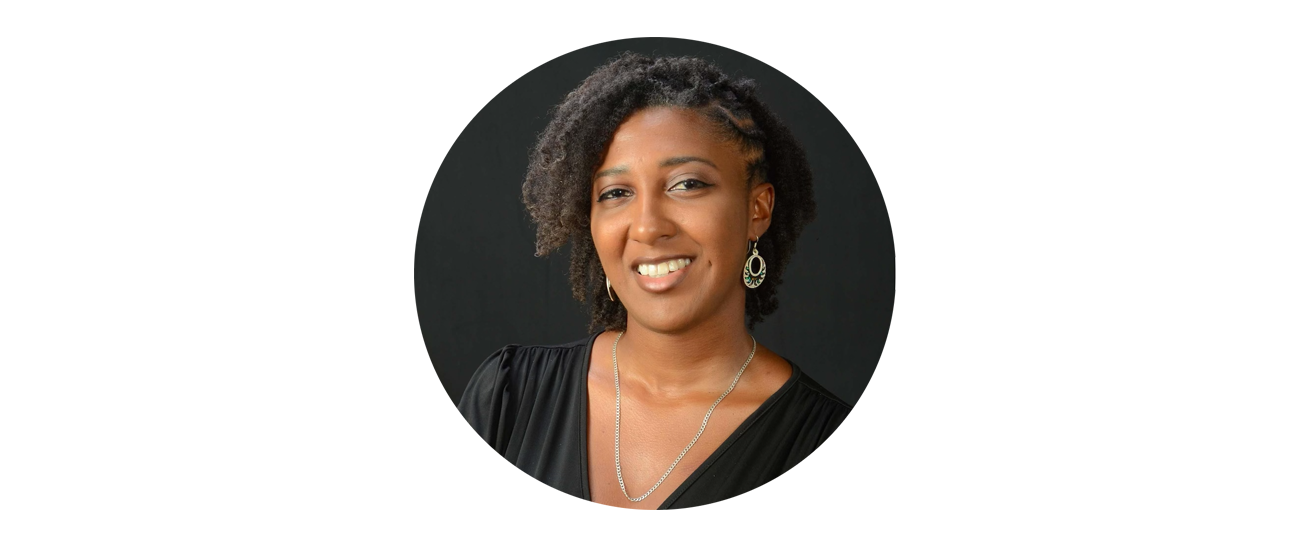
Jannelle
Education: Bachelor's in marine science, Eckerd College, 2016.
Plot specialist at Beneath the Waves Enterprise, an ocean conservation non-governmental organization.
“It was exhilarating to scuba for the first time. Once the water covered my face and I started to breathe, that's when it started to sink in.”
“Some animals I recognized and some I didn’t but I couldn’t believe I was having the chance to see them with my own eyes.”
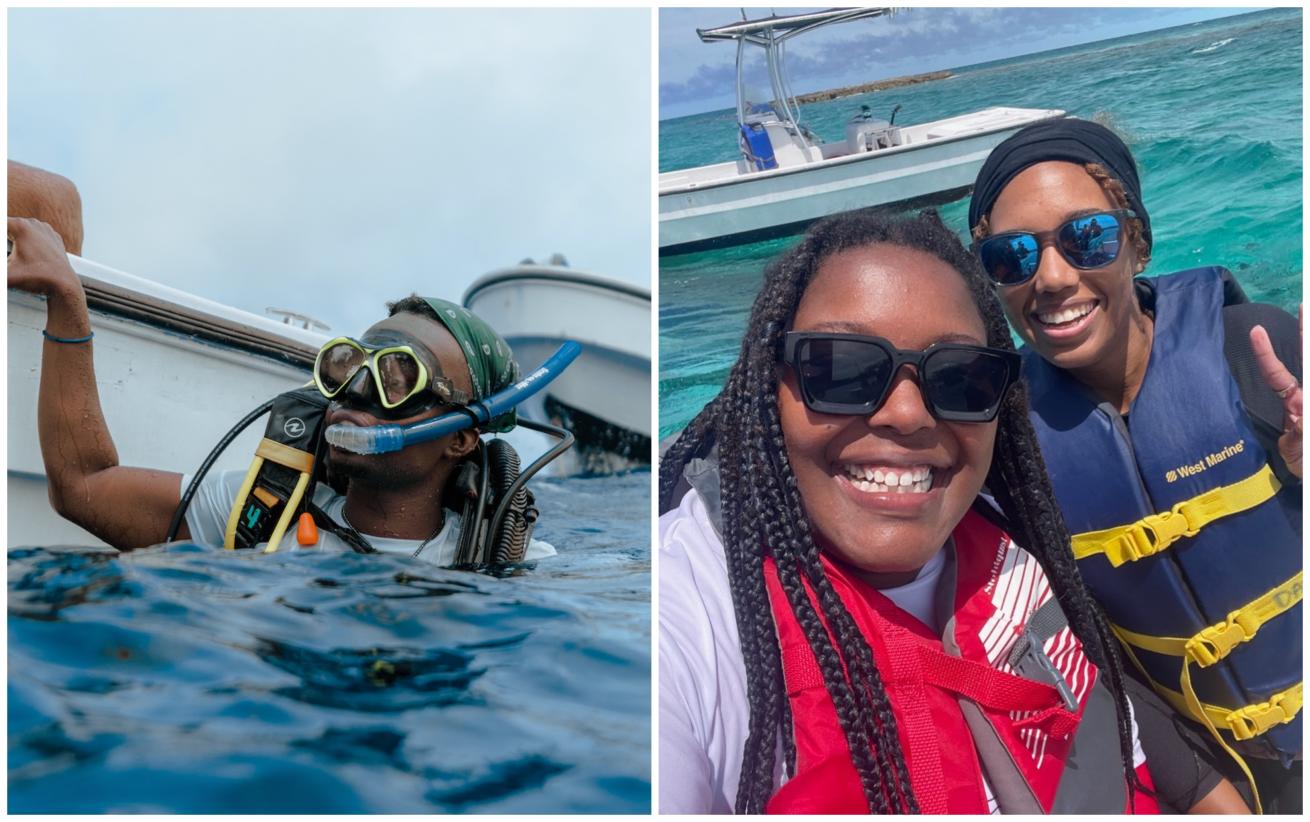
André Musgrove (left) and Black in Marine Science (right)Left to Right: Tafari grabbing hold of a boat; BIMS Founder Dr. Tiara Moore with freediver and science communicator Alannah Vellacott.
Diversifying STEM requires community engagement and purposeful inclusion of minorities through programs like Black In Marine Science Immersion Program, and other nonprofits who seek to decolonize and increase diverse participation in these fields.
Removing financial barriers for minorities through programs like BIMS is the first step to increasing diversity. To learn more and learn how you can support, visit www.blackinmarinescience.org.

